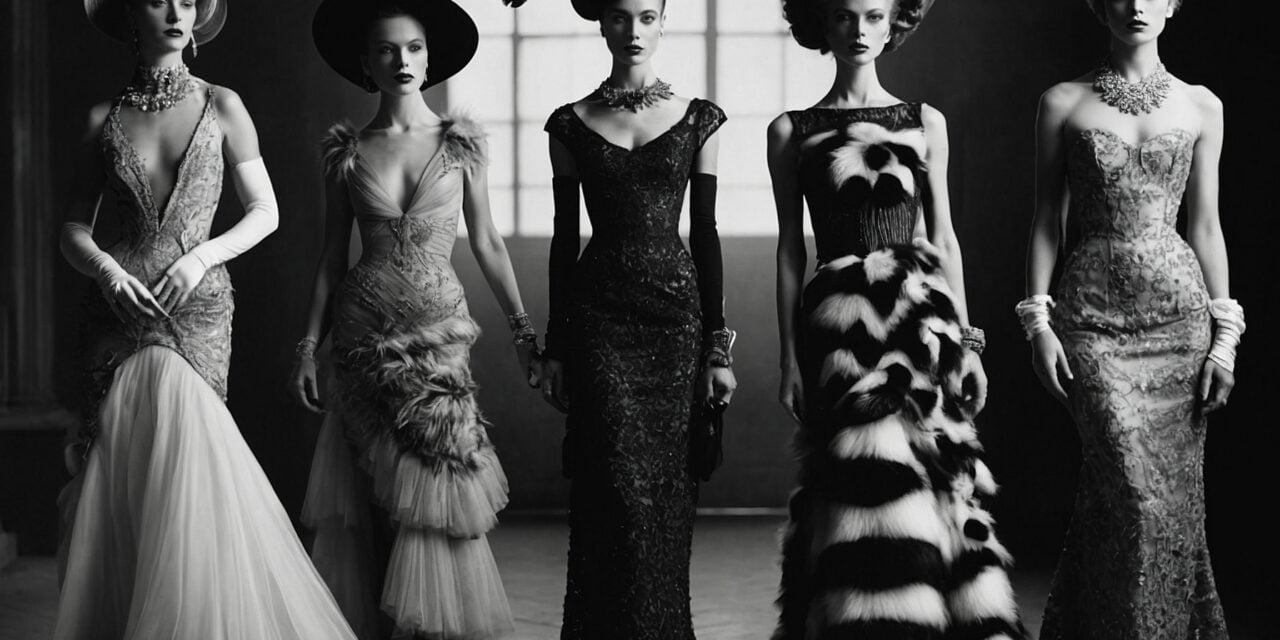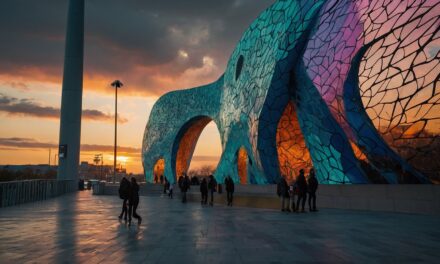Introduction:
Fashion is more than just clothing—it’s a form of self-expression, cultural identity, and creativity that has evolved over centuries. As the fashion industry continues to innovate and adapt to changing societal values and environmental concerns, a shift towards sustainability and ethical practices has become increasingly prominent. In this article, we’ll explore the evolution of fashion, from its roots in self-expression to its current focus on sustainability and ethical fashion.
Fashion as Self-Expression
Throughout history, fashion has served as a powerful means of self-expression, allowing individuals to convey their identities, beliefs, and aspirations through clothing and personal style. From ancient civilizations to modern-day subcultures, fashion has played a central role in shaping cultural identity and social norms. Whether through elaborate costumes, traditional garments, or avant-garde designs, fashion provides a canvas for creativity and individuality, enabling individuals to express themselves and assert their unique identities.
The Rise of Fast Fashion
In the latter half of the 20th century, the fashion industry underwent a seismic shift with the rise of fast fashion. Characterized by rapid production cycles, low-cost manufacturing, and disposable consumerism, fast fashion revolutionized the way clothing was produced, marketed, and consumed. While fast fashion democratized access to trendy and affordable clothing, it also fueled environmental degradation, labor exploitation, and ethical concerns within the industry. As concerns about sustainability and ethical fashion grew, consumers and industry stakeholders began to call for change.
Shifting Towards Sustainability
In recent years, there has been a growing awareness of the environmental and social impact of the fashion industry, prompting a shift towards sustainability and ethical fashion practices. From eco-friendly materials and ethical labor practices to circular fashion initiatives and transparent supply chains, brands are increasingly prioritizing sustainability throughout the entire fashion lifecycle. Sustainable fashion encompasses a range of approaches, including eco-conscious design, responsible sourcing, and garment recycling, with the aim of minimizing environmental harm and promoting social responsibility.
Ethical Fashion and Social Responsibility
In addition to environmental concerns, the fashion industry is also grappling with ethical issues such as labor exploitation, human rights violations, and worker safety. Ethical fashion emphasizes fair labor practices, worker rights, and social justice throughout the supply chain, from garment workers to factory conditions to global trade practices. Brands are increasingly committing to ethical sourcing, fair wages, and safe working conditions for workers, as well as supporting artisanal craftsmanship and community empowerment initiatives. By prioritizing ethical fashion and social responsibility, brands can build trust with consumers, differentiate themselves in the market, and contribute to positive social change.
The Future of Fashion
As we look to the future, the fashion industry faces both challenges and opportunities in its quest for sustainability and ethical fashion. From technological innovations and material advancements to consumer education and industry collaboration, there is a growing momentum towards a more sustainable and ethical fashion ecosystem. By embracing innovation, creativity, and responsible practices, the fashion industry can transition towards a more sustainable and inclusive future, where fashion is not only a form of self-expression but also a force for positive change in the world.
Fashion is undergoing a transformation, from its roots in self-expression to its current focus on sustainability and ethical fashion. As the industry grapples with environmental and social challenges, there is a growing recognition of the need for change. By embracing sustainability, ethical practices, and social responsibility, the fashion industry can redefine itself as a force for positive change, where creativity, innovation, and conscience intersect to create a more sustainable and inclusive fashion ecosystem for generations to come.





